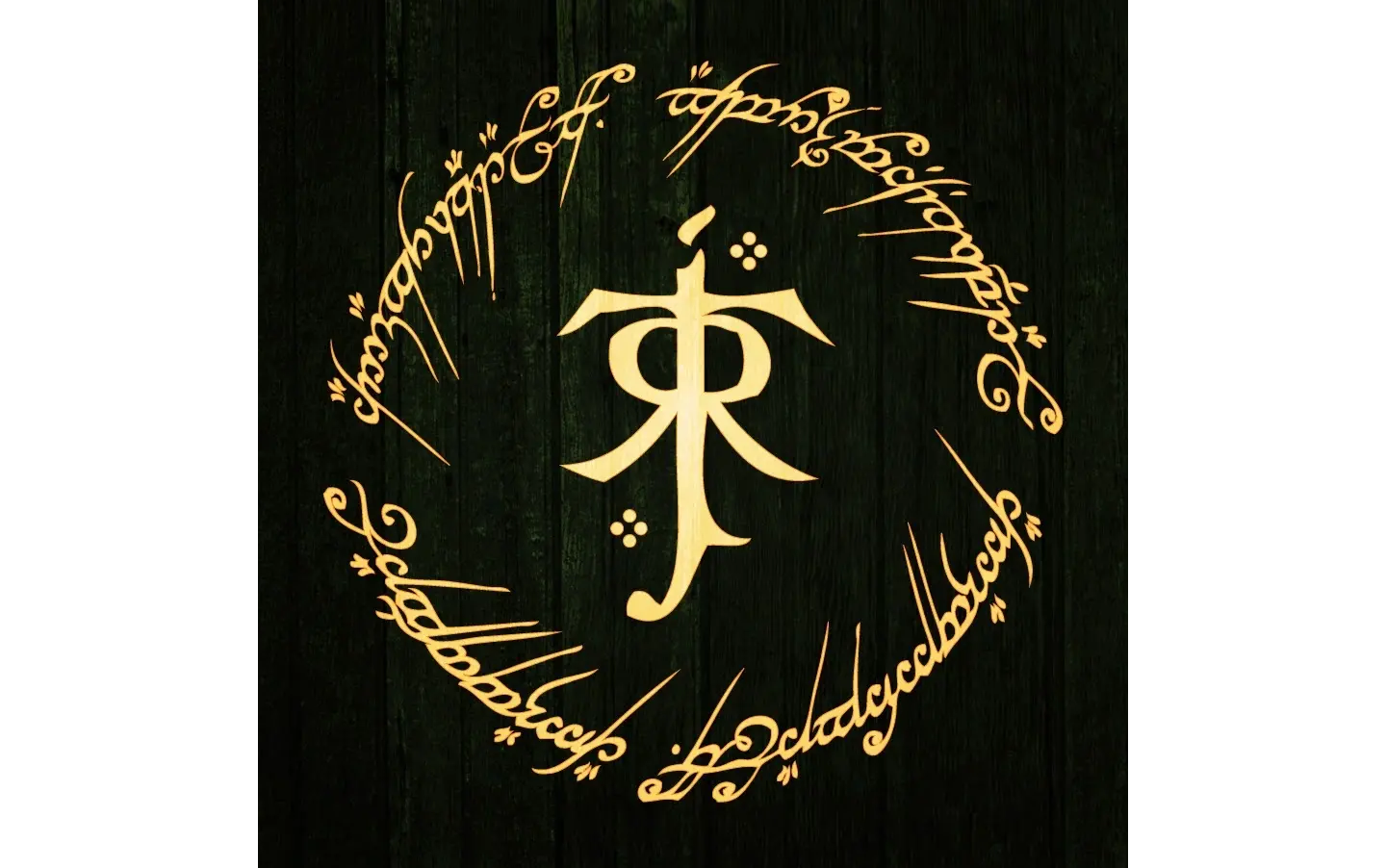Soweit ich das verstehe, kann man mit einem Account auf Instanz A bei allen anderen Instanzen mitmachen (lesen/kommentieren) die nicht explizit blockiert sind (was sehr selten vorkommt).
Insofern ist es schon dezentralisiert. Natürlich muss die Instanz der Gemeinde auch online sein um mitzumachen, aber das ist genauso bei zentralisierten Foren wie Reddit. Der Unterschied ist dass, wenn eine Instanz offline ist/blockiert wird, man mit seinem Account immer noch mit anderen Instanzen kommunizieren kann. Das würde bei zentralisierten Seiten wie Reddit nicht funktionieren (wenn Reddit nicht erreichbar ist, sind alle Reddit-Gemeinden weg).












Game dev is a very varied field, there’s lots of ways to get into it and there’s (almost) no bad choice as long as you put effort into it. Game development includes even things like art, sound, music, writing etc. which all are exciting in their own right (and indeed, if you want to make a game by yourself you’ll have the chance to dabble in all of them), but from the way you phrased your question I’m assuming that you want to focus first on the programming(/game engine) part.
For game engines, I’ve heard a lot of praise for Godot, both for its good design and possibilities. For a first game engine, I’d pick one that is well documented, has a strong community and a doable learning curve, I think Godot ticks all boxes. After that, you can look around to see if another engine matches your needs better, but you’ll already be familiar with the basics which are transferable.
For programming, the basic skills are again transferable between different languages of the same type; any popular imperative language should do. Lua is simple and straightforward, Python probably has the most resources for beginners, C still is the basis for a lot of the systems in use and will teach you more about computer science if you feel like it, C++ is popular for bigger projects in gamedev, the list goes on. No reason to be overwhelmed by choice though; pick any of them that seems to “click” with you and if you want to switch a few months later, you’ll get up to speed fast. Once you pick a language and have gone through the basics of it, a good game dev exercise I think is to try to make clones of existing small games. Games like Tic Tac Toe, Snake, Pong hold a surprising amount of challenges which will all come in handy when you’ll start making your own (more complex) thing.
Personally I have more experience with programming than with game engines, but you could go with either of them and leave the other for later as needed. As long as you’re motivated and put in effort, you’ll get there :)